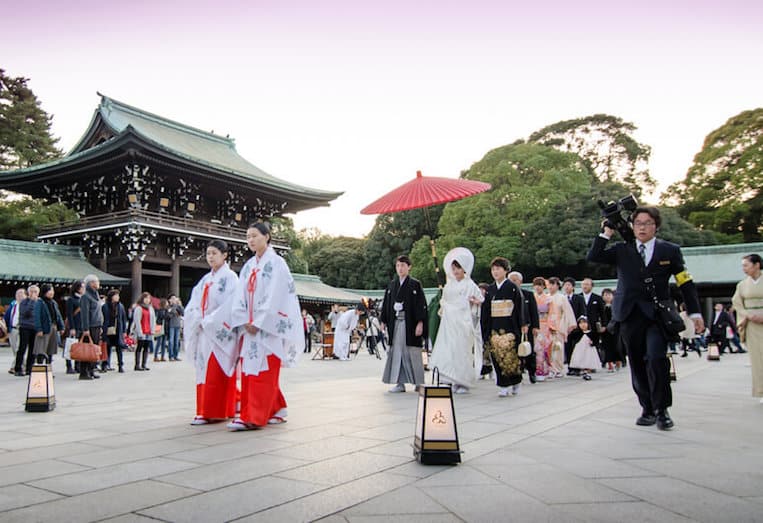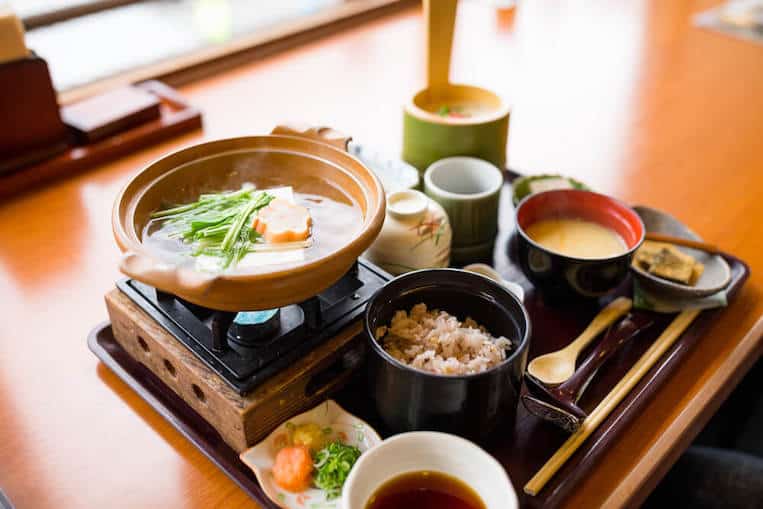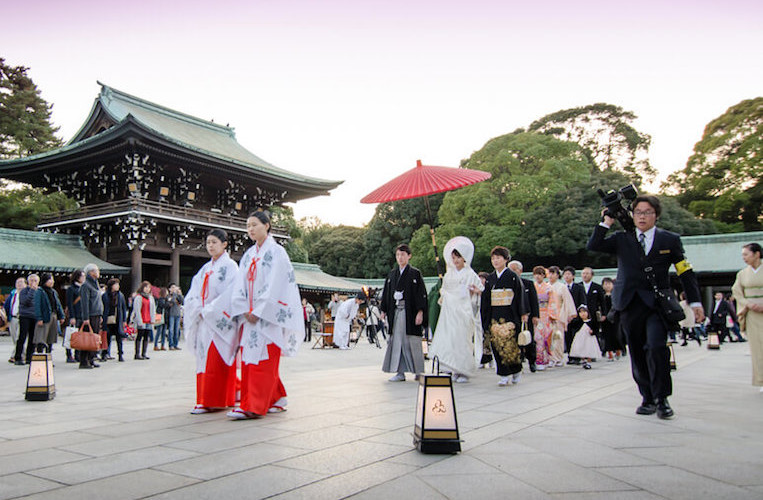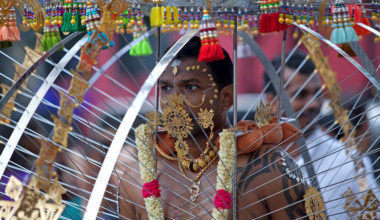Japan, home of beautiful countryside landscapes, bustling cities, bright lights, and the toilet museum. Japan is a culture rich country, hanging on to its deep traditions while still continually evolving. As you can imagine the country is full of curiosities for the outsider. Although, Japanese culture and customs have a rich heritage of welcoming travelers into its heart and soul.
Here are a few facts about Japanese culture that are a little baffling to outsiders. Read on:
1. Work and school culture in Japan
Japanese people appear at first look to be one of the most socially and ethnically homogenous groups in the world. Let’s take a look at a few works and school-related Japanese cultural facts that are a little baffling to outsiders.
- Nap time: Japan encourages its worker to take naps at work. It is considered to be a sign of a hardworking employee.
- Cleaning the halls: As part of the daily routine for students, they are required to clean the school. They also will go out on community clean-up days to clean the surrounding neighborhoods. These tasks teach the children to respect and care for their surroundings.
- Kids are teaching kids: In Japanese schools, kids who answer questions correctly will go on to teach the other kids in their class the day’s lesson.
- Writing would be an Olympic event for most foreigners: The average written language in the world consists of between 23 to 36 letters. In Japan, the children learn 1,006 letters, or Kanji, before leaving primary school. They will learn another writing, known as Romaji and consisting of an additional 1,130 symbols, by the age of fifteen.
- Additionally, there are two more sets of phonetics to be learned: hiragana and katakana. Despite this, Japan’s literacy rate is nearly 100%.
- Work out before work: Japanese companies encourage their employees to have an exercise session before beginning the day’s work. With an unemployment rate of less than 4%, this country is definitely on the right track to developing successful work habits.
2. Marriage and love life culture in Japan
Japanese culture is a bit more strait-laced and formal when it comes to love and marriage. Even in today’s world, courtship is more of a business deal for many Japanese. Read on for the following love and marriage related facts to Japanese culture.
- Marriage minded restaurants: Women under thirty and men under forty can go to these restaurants and have dinner together on blind dates set up by the restaurant itself, with an eye on marriage. This is one of many konkatsu, or marriage seeking, activities practiced by the Japanese.
- Women take the lead: In Japanese culture, it is usually the woman who shows an interest in a man first, which is a little backward from the rest of the world.
- Physical affection in public is frowned upon: Because the Japanese take respect and appearances very seriously, a couple may date for a long time before even the simplest of affectionate gestures, such as holding hands. Even those who have been together long enough to hold hands will rarely do so in public.
- Marriage is on the decline: Japan still practices the adage of women in the home, men in the workforce. Modern Japanese women are seeking careers outside of the home, and aren’t entirely willing to give them up for marriage. This is one of the many reasons for the decline in marriage in Japan.
- Japanese couples profess their love before the first date: This is actually because there is no phrase that means a simple “I like you” in Japanese. Kokuhaku means “confession,” and this is the first step to dating someone in Japanese culture. From the moment a confession is accepted, the couple is considered “exclusive.”
3. Food and dining culture in Japan
Japanese people like to eat healthy which made Japanese food is one of the most popular cuisines in the world. From cafes with strange practices to vending machines selling transportation, the Japanese dining culture scene is full of food-related facts which are little baffling to outsiders.
- Japanese vending machines: In Japanese culture, vending machines are for more than just drinks and light snacks. You can find beer, fried chicken, raw eggs, umbrellas, fresh fruit, fish soup, and even cars in vending machines in Japan.
- Strangely specific restaurants: From cafes that allow customers to mingle with hedgehogs, dogs, and cats. There are themed restaurants that feature vampires, maids, robots, monsters, fairy tale characters, and Fantasy Four. If you dreamed it up, chances are there is a spot at a themed table for you. Japan is also home to the cuddle café, where patrons pay to snuggle and hug strangers (no funny business allowed, strictly hugging) while napping.
- Slurping your soup is a compliment to the chef: Loudly slurping your soup or noodles in Japan tells the chef you are really enjoying it. Conversely, blowing your nose in public is a no-no.
- Horsemeat is a delicacy: Some nationalities will be shocked by this, while to others it may be a way of life as well. It is often served raw and dipped in soy sauce. If this doesn’t sound appealing to you, you should probably stay away from the horse meat-flavored ice cream.
- What you eat could kill you: The Japanese love to eat blowfish, which is highly toxic if prepared incorrectly. The penalty for consuming this meal includes dizziness, nausea, and death. There is no antidote, but rapid medical intervention may save the victim. Japanese chefs that wish to prepare this must be trained for eleven years, and eat their own blowfish dishes before being licensed to serve it to the public. Sushi chefs undergo this same training as well.
- Chopsticks have their own sets of rules: In Japanese culture, chopsticks can never be used to stab food on the plate. They can never be used to point at something, and they must be laid down on a special rest while chewing. They should never cross while on the rest.
- Tipping is frowned upon: No matter how good the food and service was, leaving a tip for the waiter or waitress is a no-no. Service staff at Japanese restaurants are well compensated and are considered professionals, so tipping them is not only not necessary, it can be considered rude.
Japan is rich in culture, tradition, and heritage so many Japanese ways may seem a bit odd to visitors. Japan is still a fantastic place to visit with warm, friendly people who are always welcoming of visitors. Most of the Japanese attitude toward foreigners is super friendly; luckily for travelers, the Japanese are also quite forgiving of travelers who inadvertently break their complicated rules of etiquette. This list was just a small sample of facts about Japanese culture that are a little baffling to outsiders. You are welcome to visit Japan!





